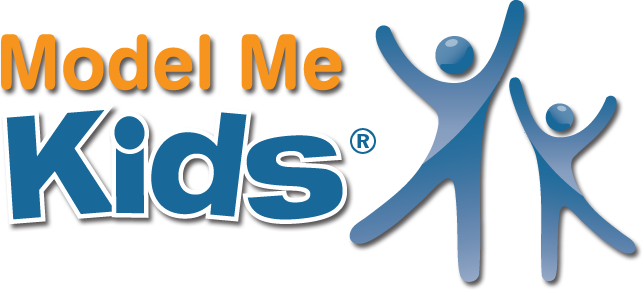The Benefits of a Social Skills Curriculum for Students with Autism
Social interactions can be difficult for individuals with autism, to the point where they may withdraw from the challenge. However, a social skills curriculum can empower students to reengage socially so that they are not only successful but come to enjoy peer and community connection. Social skills deficits, one of the features of autism spectrum disorder, can significantly impact an individual’s ability to participate in meaningful relationships and by extension in academic and/or community life. A targeted social skills curriculum can be a game-changer, providing an evidence-based path to help individuals with autism develop essential interpersonal skills. In this blog, we will explore some of the numerous benefits of a structured social skills curriculum.
Social Skills Curriculum Benefit 1: Communication Skills
A social skills curriculum improves communication abilities including:
- Expressive Language: The ability to express thoughts, needs, and emotions more effectively.
- Receptive Language: Improving receptive understanding and processing of what others say.
- Non-Verbal Communication: Recognizing and using non-verbal cues, body language, facial expressions, and gestures.
These skills are essential for successful interpersonal interactions, allowing individuals on the spectrum to participate more fully in social activities.
Social Skills Curriculum Benefit 2: Enhancing Relationships
A social skills curriculum provides tools needed to develop and sustain interpersonal relationships such as:
- Initiating: Teaching how to start conversations, share interests, and engage in mutual activities.
- Showing Empathy: Helping individuals recognize and respond to the emotions and perspectives of others.
- Conflict Resolution: Equipping individuals with strategies to resolve disagreements and manage social conflicts.
With these skills, individuals can form and sustain meaningful relationships, reducing feelings of isolation and increasing social inclusion.
Social Skills Curriculum Benefit 3: Increasing Independence
Social competence is vital for independence in education, employment, as well as in daily living, and includes skills such as:
- Self-Advocacy: Teaching individuals how to express their needs and make independent decisions.
- Problem-Solving: Developing strategies to navigate social challenges when the results are unpredictable.
- Adaptability: Learning to adjust behavior in different social contexts and across a variety of environments, not only in the teaching setting.
These skills empower individuals to feel more confident in managing their lives, thereby enhancing their ability to live independently.
Social Skills Curriculum Benefit 4: Boosting Self-Confidence
Success in social interactions can significantly boost self-esteem, and makes it less likely the individual with autism will be the target of bullying through:
- Positive Reinforcement: Encouraging progress through praise and rewards, which not only encourages task attendance but also builds confidence in social abilities.
- Skill Mastery: Helping individuals master specific social skills through practice and repetition at their own pace.
- Social Successes: Facilitating positive social experiences beyond the classroom that reinforce and generalize acquired skills.
Social Skills Curriculum Benefit 5: Enhancing Academic Skills
Effective social skills are linked to better academic outcomes such as:
- Classroom Participation: Encouraging active engagement in class discussions and group endeavors.
- Peer Relationships: Helping individuals form peer connections that enhance the learning experience in school.
There are abundant benefits of a social skills curriculum that targets and breaks down skills needed for success. Social skills are transformative in enhancing communication, building relationships, increasing independence, boosting self-esteem, and improving academic outcomes. These benefits lead not only to a higher quality of life, but to greater social inclusion, and more opportunities for personal and academic growth. Investing in such a curriculum is an investment in the future of individuals with autism, empowering them to achieve their fullest potential.
Model Me Kids, LLC
Videos for Modeling Social Skills
www.modelmekids.com


